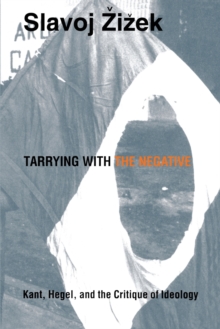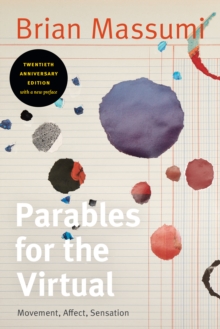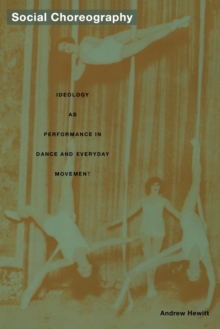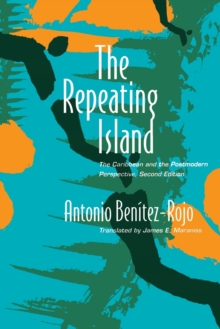
Laura : Uncovering Gender and Genre in Wyatt, Donne and Marvell Paperback / softback
by Barbara L. Estrin
Part of the Post-Contemporary Interventions series
Paperback / softback
Description
How do men imagine women? In the poetry of Petrarch and his English successors-Wyatt, Donne, and Marvell-the male poet persistently imagines pursuing a woman, Laura, whom he pursues even as she continues to deny his affections.
Critics have long held that, in objectifying Laura, these male-authored texts deny the imaginative, intellectual, and physical life of the woman they idealize.
In Laura, Barbara L. Estrin counters this traditional view by focusing not on the generative powers of the male poet, but on the subjectivity of the imagined woman and the imaginative space of the poems she occupies.
Through close readings of the Rime sparse and the works of Wyatt, Donne, and Marvell, Estrin uncovers three Lauras: Laura-Daphne, who denies sexuality; Laura-Eve, who returns the poet's love; and Laura-Mercury, who reinvents her own life.
Estrin claims that in these three guises Laura subverts both genre and gender, thereby introducing multiple desires into the many layers of the poems.
Drawing upon genre and gender theories advanced by Jean-Francois Lyotard and Judith Butler to situate female desire in the poem's framework, Estrin shows how genre and gender in the Petrarchan tradition work together to undermine the stability of these very concepts. Estrin's Laura constitutes a fundamental reconceptualization of the Petrarchan tradition and contributes greatly to the postmodern reassessment of the Renaissance period.
In its descriptions of how early modern poets formulate questions about sexuality, society and poetry, Laura will appeal to scholars of the English and Italian Renaissance, of gender studies, and of literary criticism and theory generally.
Information
-
Available to Order - This title is available to order, with delivery expected within 2 weeks
- Format:Paperback / softback
- Pages:360 pages, 3 illustrations
- Publisher:Duke University Press
- Publication Date:15/12/1994
- Category:
- ISBN:9780822314998
Other Formats
- Hardback from £92.49
Information
-
Available to Order - This title is available to order, with delivery expected within 2 weeks
- Format:Paperback / softback
- Pages:360 pages, 3 illustrations
- Publisher:Duke University Press
- Publication Date:15/12/1994
- Category:
- ISBN:9780822314998










